Researchers at a leading institution have developed a novel algorithm that accelerates the discovery of multicatalytic cooperativity, a phenomenon in which multiple catalytic units operate synergistically to facilitate complex chemical reactions. This breakthrough was published in the esteemed scientific journal Nature, and it has the potential to revolutionize the field of synthetic chemistry.
According to the study, the pooling-deconvolution algorithm was inspired by group testing and was designed to identify cooperative catalyst behaviors with low experimental cost while accommodating potential inhibitory effects between catalyst candidates. The researchers validated the workflow using simulated cooperativity data and then applied it to a Pd-catalyzed decarbonylative cross-coupling reaction, a complex process that has been a challenge for chemists to optimize. The algorithm successfully identified a previously unknown cooperative catalyst behavior, demonstrating its potential to accelerate the discovery of new catalysts.
"We were able to identify a cooperative catalyst behavior that had not been previously documented, which is a major breakthrough in the field," said Dr. Maria Rodriguez, lead author of the study. "Our algorithm is a game-changer for chemists, as it allows them to systematically search for cooperative catalysts without relying on serendipity or prior knowledge of single-catalyst reactivity."
The development of this algorithm has significant implications for the field of synthetic chemistry, as it enables chemists to design and optimize complex chemical reactions more efficiently. This, in turn, could lead to the discovery of new materials, medicines, and other important compounds.
The study's findings are particularly relevant to the field of homogeneous catalysis, which involves the use of single catalysts to facilitate chemical reactions. Cooperative catalysis, on the other hand, involves the use of multiple catalysts working together to achieve a specific outcome. While cooperative catalysis has been shown to be a powerful tool for facilitating complex chemical reactions, it has been difficult to identify and optimize cooperative catalysts using traditional methods.
The researchers believe that their algorithm has the potential to accelerate the discovery of new cooperative catalysts and to enable chemists to design and optimize complex chemical reactions more efficiently. As Dr. Rodriguez noted, "Our algorithm is a major step forward in the field of synthetic chemistry, and we are excited to see where it will take us."
The study's findings have been met with enthusiasm by the scientific community, and researchers are already exploring the potential applications of the algorithm. As the field of synthetic chemistry continues to evolve, it is likely that this breakthrough will have a significant impact on the discovery of new materials, medicines, and other important compounds.






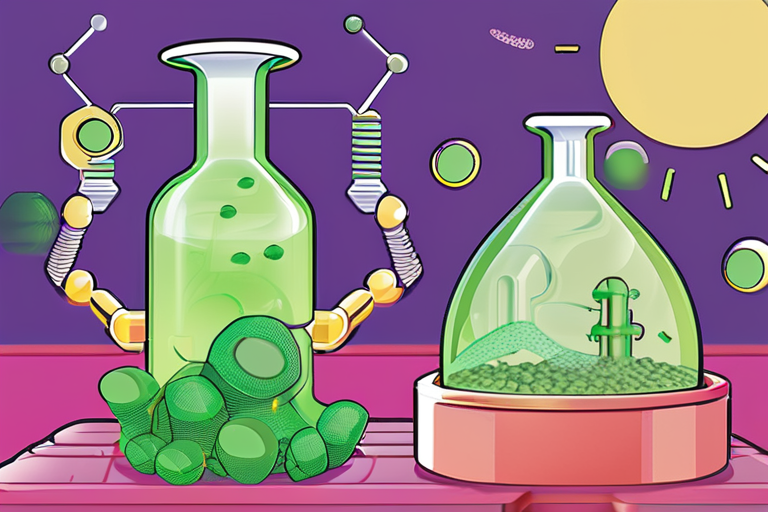

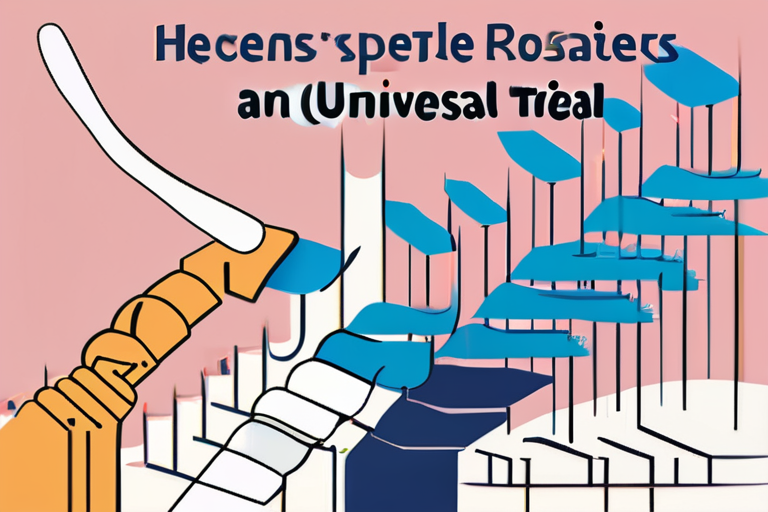
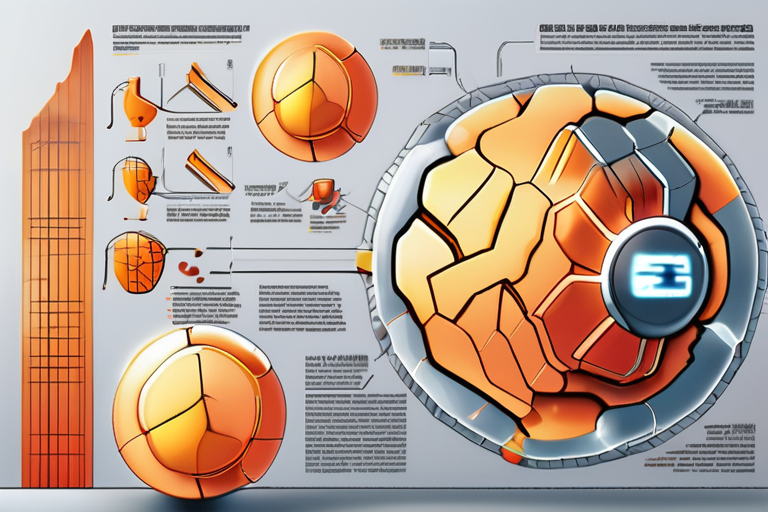


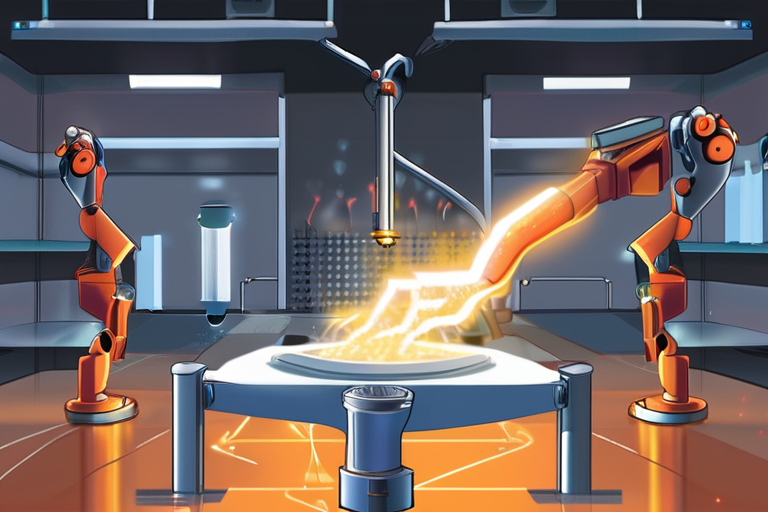
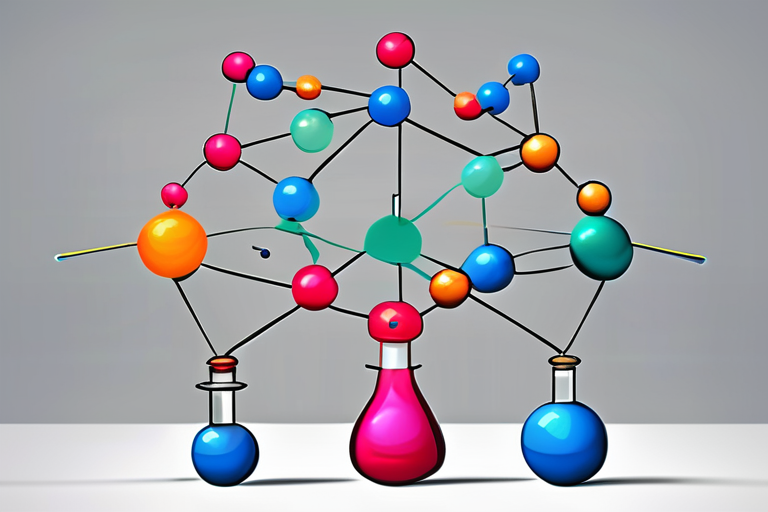
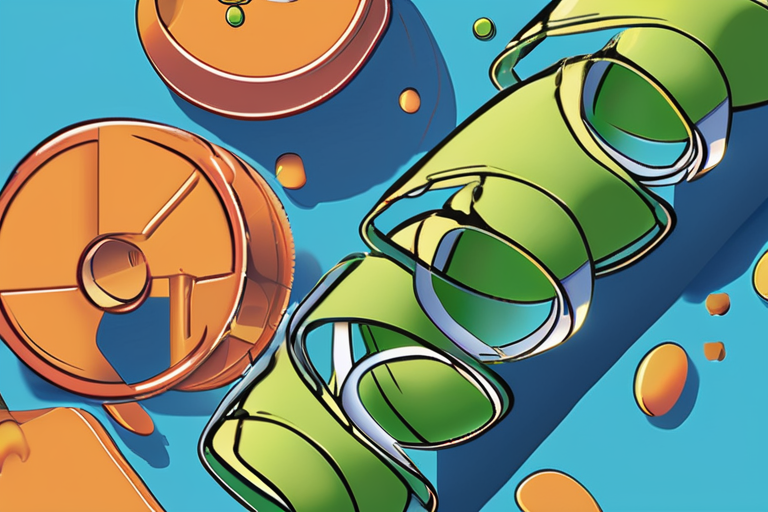
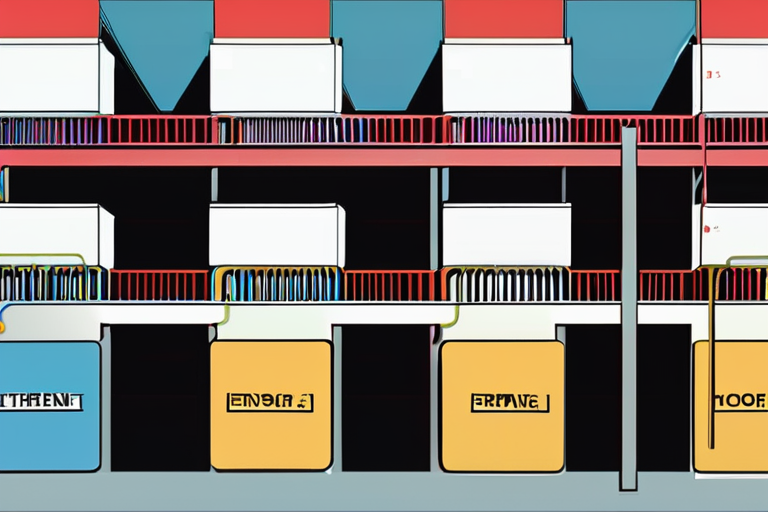


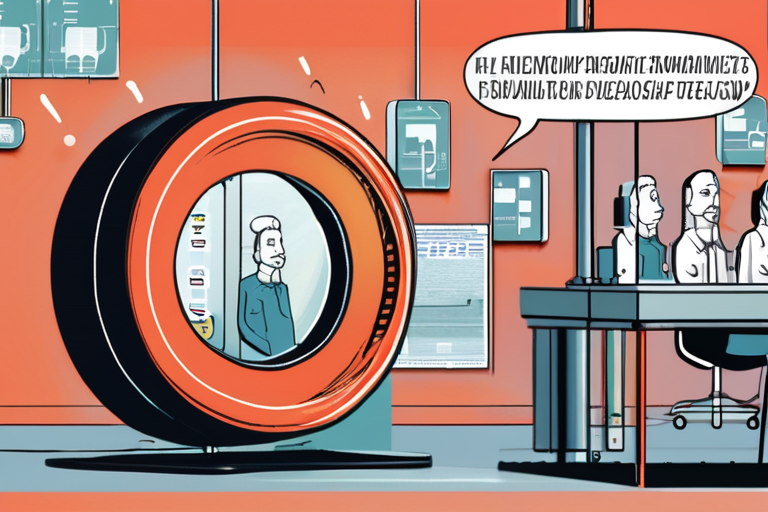



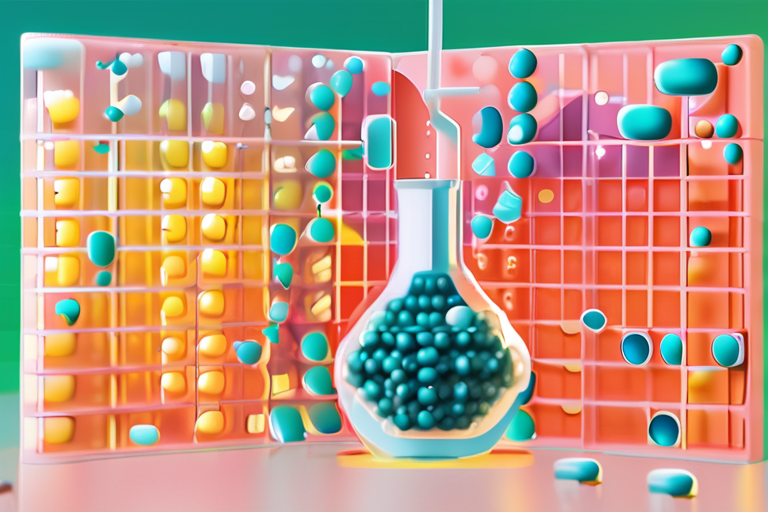

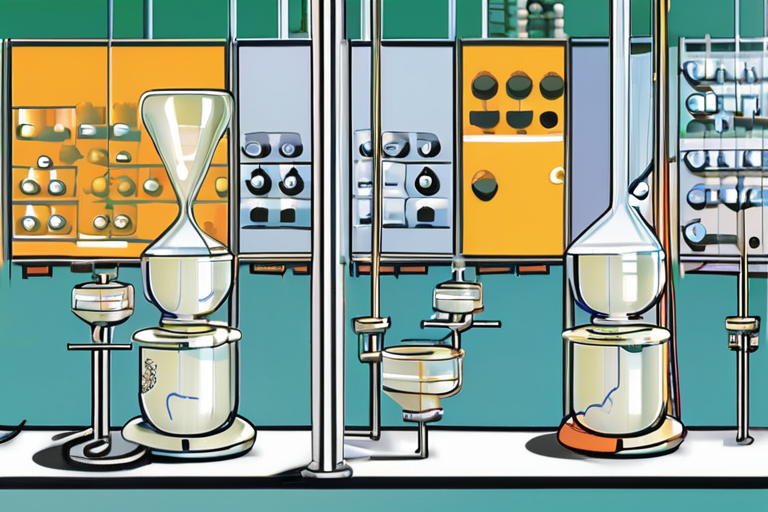
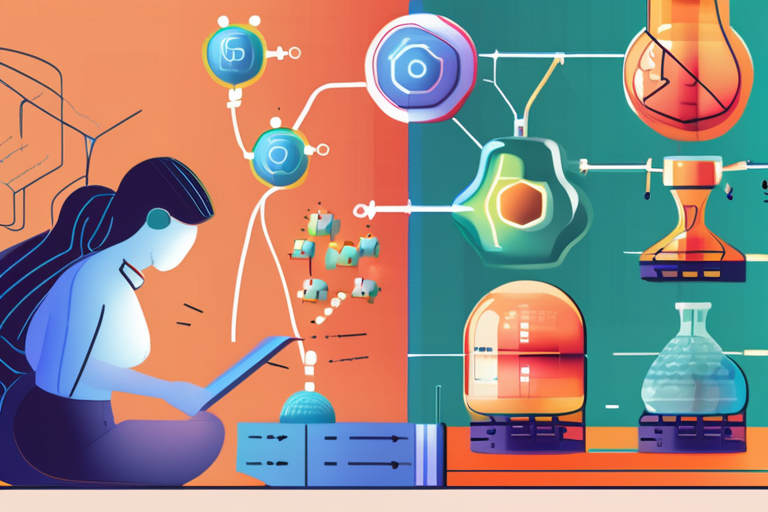

Share & Engage Share
Share this article